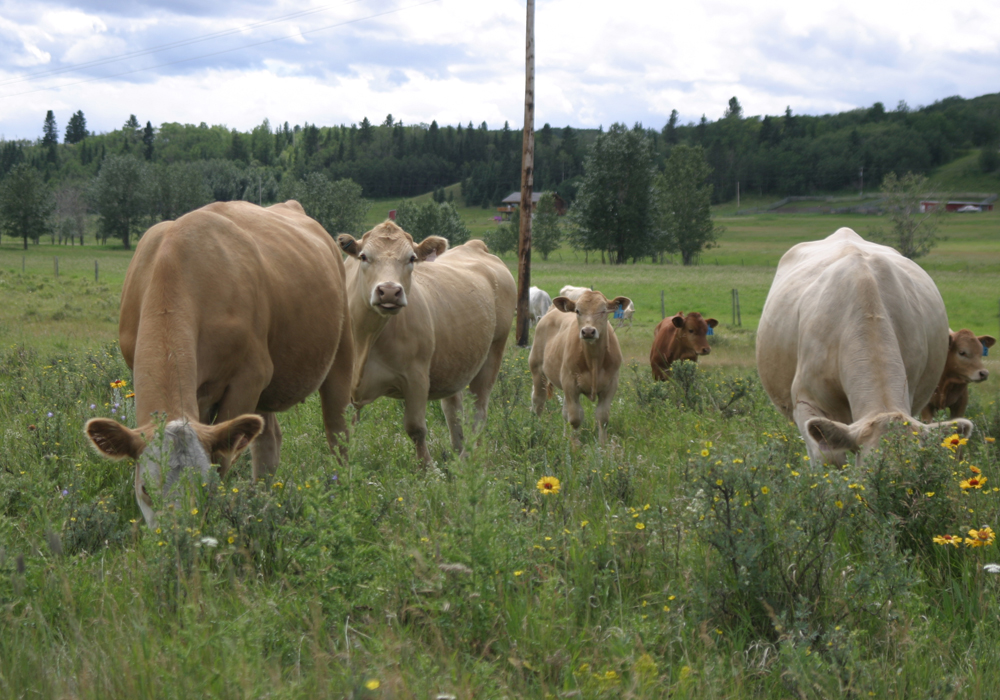Experts are calling for environmental targets to better position Canada in markets at home and abroad.
Agri-Food Sustainability Targets is a report authored by David McInnes, who is working with Agriculture Canada, the Canadian Federation of Agriculture and others to advance efforts in creating environmental benchmarks for the industry.
“What’s happening globally and nationally is that there is a wholesale shift to better benchmarking performance across the sector, whether it’s on environmental sustainability, or food safety, or in any number of areas,” said McInnes.
Read Also

Farming Smarter receives financial boost from Alberta government for potato research
Farming Smarter near Lethbridge got a boost to its research equipment, thanks to the Alberta government’s increase in funding for research associations.
At the same time, there is an effort across the world to meet other benchmarks, like the United Nations’ Sustainable Development goals, or the commitments of the Paris Accord.
“There is a major shift taking place to assess performance and be transparent,” he said.
That shift is forcing McInnes and his partners to identify benchmarks and metrics to demonstrate how Canada’s agri-food industry is sustainable, or helping meet international commitments.
“How do we truly know we are being sustainable? Or are delivering the highest, most safe and sustainably produced food? What metrics do we have on hand? What benchmarks are we using? And how are they conforming to these global initiatives that are seizing the global dialogue in agriculture and food?” said McInnes.
To that end, McInnes and the project’s partners are calling for a consolidated picture to express Canada’s agri-food leadership.
“This builds on, or should build on, the efforts being taken at the commodity, sector and company levels across Canada. There is a tremendous amount of activity, such as in beef and sustainable crops, among other segments, to better gauge performance,” he said.
“But the question is, how do you roll this up for a consolidated view, so that we can defend our interests in global markets and advance Canada’s trade interests, so that we can demonstrate trust in our domestic marketplace?
“And what we’ve also come to understand is that with better benchmarking, this could inform how we improve policymaking and develop (a) competitiveness strategy.”
The challenge now is to find out best to roll all the pre-existing efforts into a consolidated view of Canadian agriculture.
“Our process is not going to come up with the final decision with all the detail on individual indicators or metrics that we’ll be working with,” said McInnes. “But we do need to point the way.”
McInnes contends that “if we don’t measure ourselves, we will be measured” by someone else, and by trying to adopt metrics to be used in Canada, other countries may follow suit.
The expectation is to complete the next phase of the work by early 2021.
McInnes’ Agri-Food Sustainability Targets report is the latest iteration in a long road to better position Canada’s agri-food industry around the world.
A two-day forum in 2020 explored how Canada’s policy framework needs to change to better measure performances. The work published Oct. 29 by McInnes is the culmination of those, and other, efforts.


















